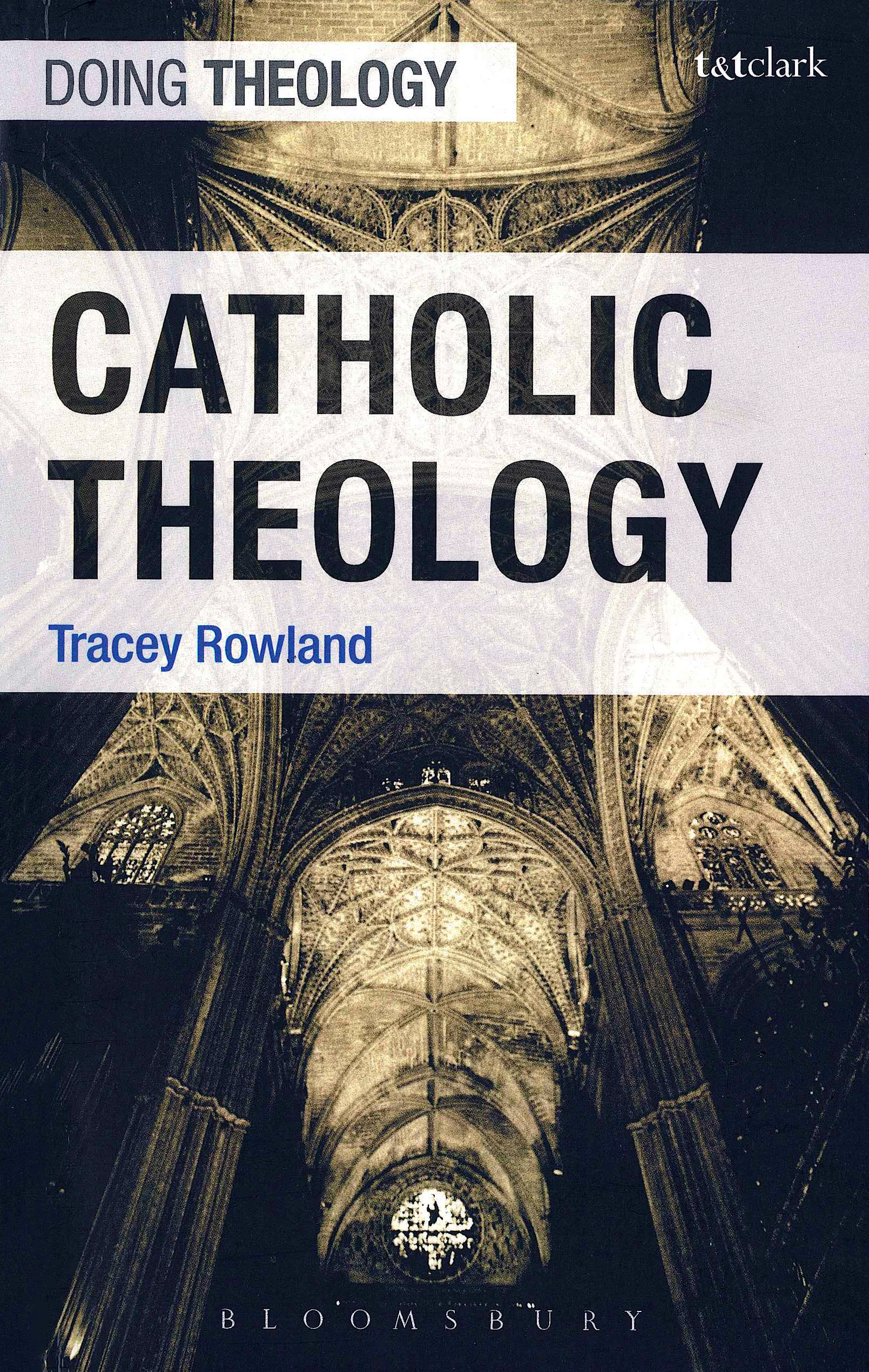
By Caroline Smith
Throughout history, there have been numerous debates about the various aspects of Catholic belief and teachings, and a recent book by Australian theologian Tracey Rowland attempts to compile and explain these for a lay audience.
Professor Rowland, who is based at The University of Notre Dame Australia (UNDA), is one of the world’s top theologians, the only Australian (and one of five women) to sit on the International Theological Commission, established by Pope Paul VI in 1969.
At Notre Dame, she holds the John Paul II Chair of Theology, and has also been Dean of the John Paul II Institute for Marriage and the Family in Melbourne, as well as being a Fellow of Campion College in Sydney.
Catholic Theology (Bloomsbury, 2017) is her fifth book, following Culture and the Thomist Tradition (2003), Ratzinger’s Faith (2008), Benedict XVI: A Guide for the Perplexed (2010) and The Culture of the Incarnation: Essays in Catholic Theology (2017).
The text’s main emphasis is on debates between different theologians which emerged following the Second Vatican Council of the 1960s, and Prof Rowland accordingly dedicates a chapter each to discussing these talking points (Chapter 3, ‘The Communio Approach’ and Chapter 4, ‘The Concilium Alternative’).
Earlier chapters set the ground for this discussion, firstly by introducing readers to some of the central concepts concerning Church theologians and then moving on to a chapter on St Thomas Aquinas (1225-1274), perhaps the most significant Catholic theologian.
In Chapter 2, ‘Hallmarks and Species of Thomism’, Prof Rowland explores not only Aquinas’ theories and writings, but also how they have influenced subsequent theologians of the Church, looking at the interplay between analysis of his ideas and contemporary philosophical and theological questions.
Aquinas examined many topics through his significant textual output, including the relationship between faith and reason, the nature of knowledge and science, and of humanity and God. Later theological movements often referenced him (such as Neo-Thomism, Leonine Thomism and Baroque Thomism) and formed the basis of debates throughout the Church’s history, from the Reformation through to the Enlightenment and beyond.
Thus, Prof Rowland’s examination of thinkers such as Cajetan and Suarez (of Baroque Thomism), Kleutgen (of Leonine Thomism), Marie-Dominique Chenu and Alasdair MacIntyre (of Neo-Thomism) amongst others, brings readers up-to-date on how these debates have played up, right up to the 20th century and the Second Vatican Council, which opened in October 1962.
The Communio and Concilium chapters relate to how modern theologians have interpreted the Council: those associated with the latter movement largely agree with its call for the Church to be somewhat shaped by contemporary social issues, while theologians from the former think theological questions needed to be analysed through the entirety of Church history and theological history.
Theologians linked to the journal Concilium – founded in 1965 in the wake of Vatican II, sought changes in the Church driven by theological arguments. But such a list of changes suggested that the Council raised more questions than it answered, according to Prof Rowland.
By contrast, Communio scholars such as Joseph Ratzinger (later Pope Benedict XVI) are presented as people focused less on the creation of a new theology but rather on thinking ‘in communion with the great thinkers of the faith’.
Catholic Theology was launched by the Dawson Society in April this year, with a presentation by Prof John Kinder from the University of Western Australia.
Prof Kinder highlighted the book’s approachability, explaining how his own background as a practising Catholic, albeit without theological training, made him an ideal reader.
“I have lived a lifetime of faith in Jesus Christ and along the way have read fairly widely and picked up, you might say, an amateur’s understanding of what theology is and what it offers the life of the Christian,” he said.
“Here is a book that in just 200 pages of text puts all that into a context that acts as a sort of a map of the territory. The book describes the field, shows what are the major points of agreement and disagreement, what the historical reasons for them are and what are the implications of different choices and positions.”
Catholic Theology is available online via most major literature sellers.